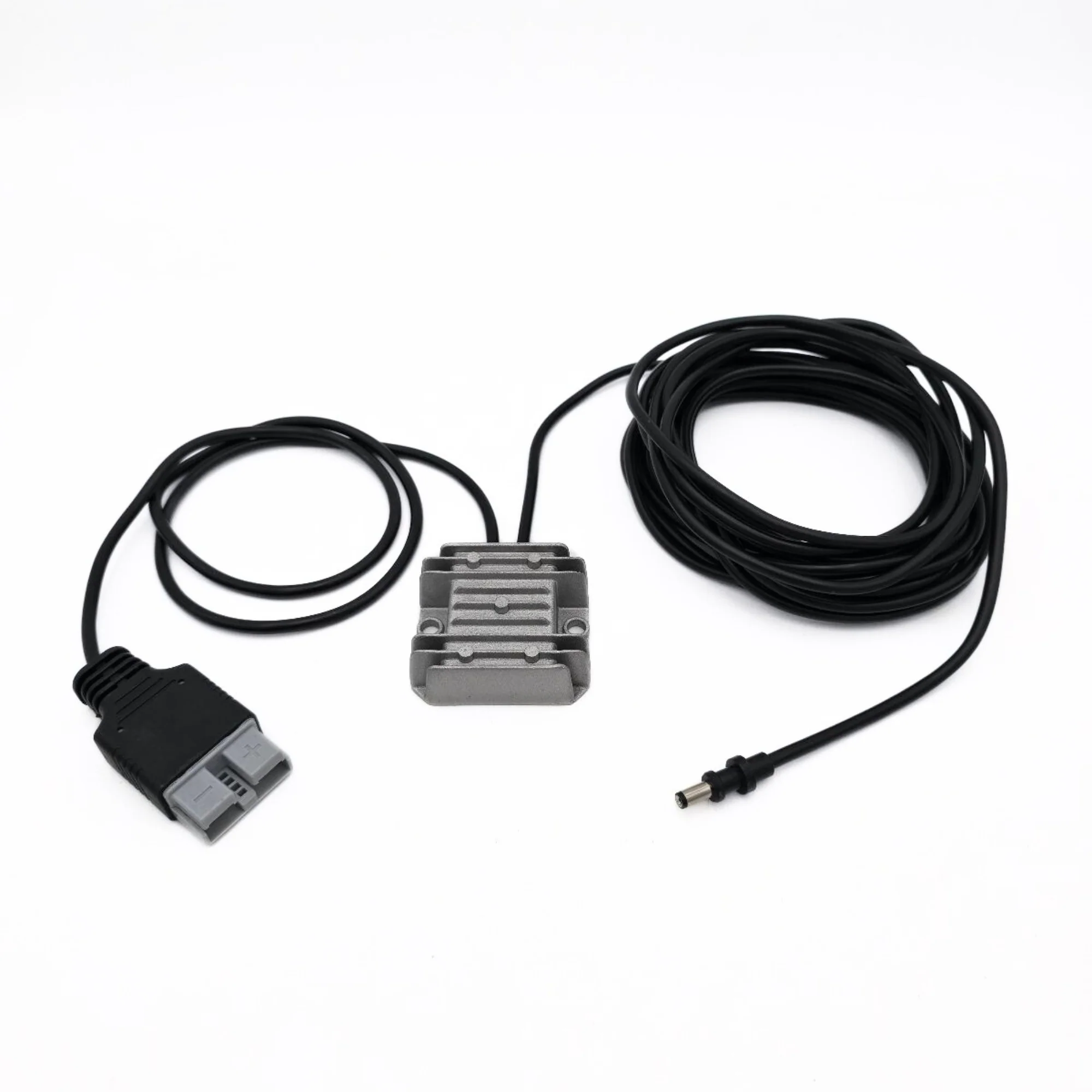
Understanding Pregnancy: The Journey Begins
Pregnancy is a profound journey that marks new beginnings and transformations for expecting mothers. With countless changes happening both physically and emotionally, understanding the nuances of pregnancy can vastly improve the experience. Pregnancy advice is vital for navigating the myriad of challenges and joys that accompany this unique period.
1. Overview of Pregnancy Stages
Pregnancy is typically divided into three trimesters, each featuring distinct phases of development both for the mother and the baby. The first trimester spans from conception to weeks 1-12, where critical developments occur, including the formation of vital organs and the nervous system. The second trimester (weeks 13-26) is often characterized by the mother’s growing belly and the first feelings of the baby’s movements. The third trimester (weeks 27-40) sees the baby rapidly gaining weight and preparing for birth. Understanding these stages helps mothers recognize what to expect and how to prepare.
2. Importance of Prenatal Care
Regular prenatal care is crucial for monitoring both maternal and fetal health. It allows for early detection of potential complications and enables health care providers to offer essential interventions as needed. This care generally includes routine check-ups, blood tests, and ultrasounds to ensure that both mother and baby are progressing well. Expecting mothers should schedule their first prenatal visit as soon as they confirm their pregnancy, offering a foundation for a healthy outcome.
3. Recognizing Early Symptoms
Early pregnancy symptoms can vary significantly from one woman to another; however, some common indicators include missed periods, nausea, fatigue, and increased sensitivity to smells. Recognizing these symptoms early allows women to confirm their pregnancies and seek the necessary medical care and support. Tracking symptoms in a journal can also be beneficial for discussions with healthcare providers.
Nutrition Tips for a Healthy Pregnancy
A pregnant woman’s diet plays a pivotal role in her health and the baby’s development. Focusing on nutritious foods can ensure that both mother and child are getting the necessary vitamins and minerals to thrive throughout the pregnancy and beyond.
1. Essential Nutrients and Vitamins
Key nutrients needed during pregnancy include folic acid, iron, calcium, vitamin D, and omega-3 fatty acids. Folic acid is crucial for fetal development and helps prevent neural tube defects. Iron supports increased blood volume and can prevent anemia, while calcium is essential for developing strong bones and teeth in the baby. Vitamin D contributes to bone health, and omega-3 fatty acids support brain development. Pregnant women should aim to consume a balanced diet rich in vegetables, fruits, whole grains, lean proteins, and healthy fats.
2. Foods to Avoid for Optimal Health
In addition to eating nutritious foods, it’s equally important to avoid certain items that can harm fetal development. Pregnant women should steer clear of alcohol, which can lead to fetal alcohol syndrome, and limit consumption of raw or undercooked fish and meats to reduce the risk of foodborne illnesses. High-mercury fish (such as shark, swordfish, and king mackerel) should also be avoided. Additionally, soft cheeses and unpasteurized dairy products can pose health risks and should be eliminated from the diet.
3. Meal Planning and Preparation Advice
Meal planning can simplify the journey to a nutritious diet during pregnancy. Expecting mothers can benefit from preparing meals in advance, which can help reduce stress and ensure healthy eating habits remain consistent. Incorporating nutrient-dense snacks, such as nuts, yogurt, and fruits, can satisfy cravings while providing necessary sustenance. Collaborating with a registered dietitian may also help tailor a meal plan that meets specific nutritional needs during pregnancy.
Staying Active: Exercise and Well-being
Physical activity during pregnancy is not only safe but also beneficial for both mother and baby. Staying active can enhance mood, manage weight gain, and promote better sleep and circulation. Nevertheless, exercising may require some modifications compared to pre-pregnancy routines.
1. Recommended Exercises During Pregnancy
Low-impact exercises, such as walking, swimming, and prenatal yoga, are excellent choices during pregnancy. These activities help maintain fitness levels, improve flexibility, and yield cardiovascular benefits without excessive strain. Women should aim for at least 150 minutes of moderate-intensity aerobic activity each week, as recommended by health organizations. Engaging in these activities in groups can also offer social support and ensure safety.
2. Benefits of Physical Activity for Mother and Baby
The benefits of staying active during pregnancy extend beyond physical health. Exercise can improve mental well-being, reducing symptoms of anxiety and depression often linked with pregnancy. Studies have shown that regular physical activity may also lead to shorter labor, fewer complications, and faster recovery postpartum. Furthermore, active mothers are likely to pass on healthy habits to their children, promoting a long-term commitment to physical wellness.
3. Safety Tips When Exercising Pregnant
While exercise is beneficial, safety should always be a priority. Pregnant women should listen to their bodies and stop exercising if they feel any unusual discomfort, such as significant pain, bleeding, or dizziness. Staying hydrated and avoiding overheating during workouts is essential, especially in the later trimesters. Consulting with a healthcare provider before starting any new exercise regimen is advisable to ensure it aligns with individual health conditions.
Mental Health and Emotional Wellness
The emotional impact of pregnancy can be as significant as the physical changes. Acknowledging mental health during pregnancy is vital, as it can influence physical health and overall quality of life.
1. Coping with Anxiety and Stress
Pregnancy can evoke a rollercoaster of emotions, leading to anxiety about childbirth and parenting. Recognizing that these feelings are common can be comforting. Practices such as mindfulness and meditation can be effective for managing anxiety. Breathing exercises and journaling can also provide relief. It’s crucial for expecting mothers to communicate openly with partners and support networks about their feelings to foster understanding and shared experiences.
2. Building a Support System
Having a robust support system can make a significant difference in navigating the emotional landscape of pregnancy. Connecting with other expecting mothers through classes or online communities can provide reassurance and camaraderie. Similarly, involving partners and family members in the journey can create shared responsibilities and enhance bonding. Professional support through counseling may also help those who experience more severe anxiety or depression.
3. Mindfulness and Relaxation Techniques
Mindfulness and relaxation techniques can significantly enhance mental well-being during pregnancy. Practices like yoga, guided imagery, and deep-breathing exercises can help manage stress and increase body awareness. Setting aside time for self-care, such as enjoying a quiet bath, reading, or engaging in hobbies, can promote a positive mindset and provide emotional respite amidst potential stressors.
Preparing for Labor and Delivery
Approaching labor and delivery can be a mix of excitement and anxiety. Proper preparation can equip expecting mothers with the knowledge and confidence needed to navigate this pivotal point in their pregnancy journey.
1. Birth Plans and Hospital Visits
Creating a birth plan allows mothers to articulate their preferences for labor and delivery, including choices regarding pain management, who will be present during labor, and newborn care. While flexibility is paramount, having a plan can help set expectations. Hospital visits during pregnancy enable mothers to familiarize themselves with the birthing environment, understand hospital policies, and meet the healthcare team responsible for their care.
2. Understanding Pain Management Options
Labor can be incredibly intense, and understanding pain management options is essential. Common methods include natural techniques like breathing exercises, hypnosis, and water birth, alongside medical options like epidurals and pain medications. Expecting mothers should discuss these options with their healthcare providers to create a pain management strategy that aligns with their birth plan and personal preferences.
3. Postpartum Care and Support
Postpartum care is equally important as prenatal and delivery care. Educating oneself on what to expect during recovery can ease the transition into motherhood. This may include understanding changes to physical health, emotional adjustments, and the importance of self-care. Building a support network of family and friends to assist in the weeks following delivery can facilitate healing and help adjust to new parenting responsibilities.







